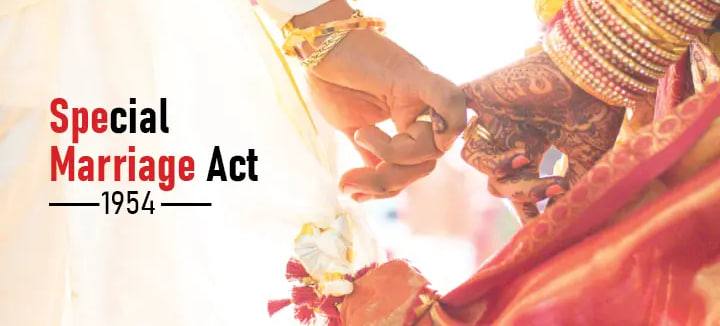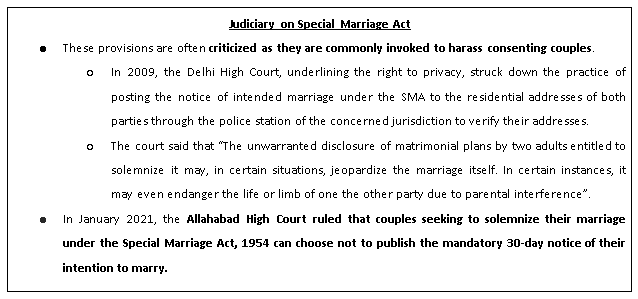Free Courses Sale ends Soon, Get It Now


Free Courses Sale ends Soon, Get It Now



Copyright infringement not intended
In News
Special Marriage Act (SMA), 1954
How the Special Marriage Act is different from religious codes of marriage?

Concern
Way Forward

© 2024 iasgyan. All right reserved